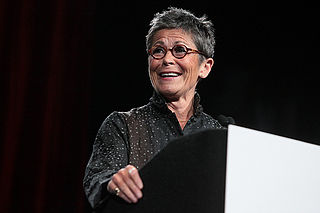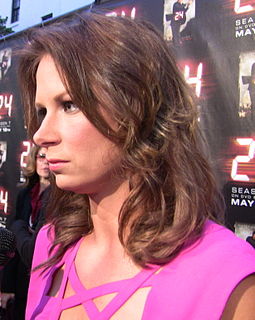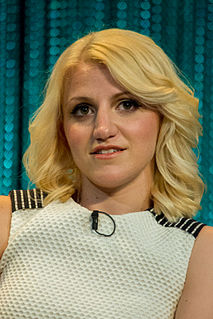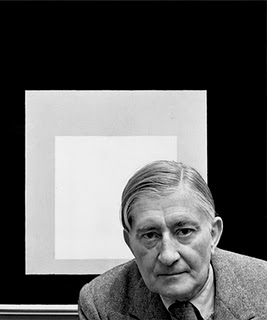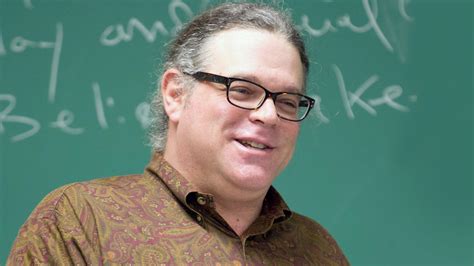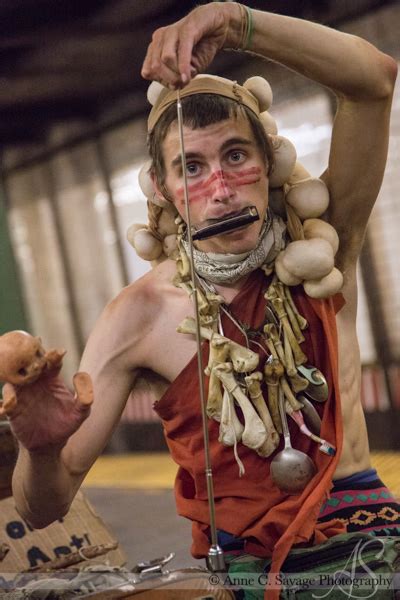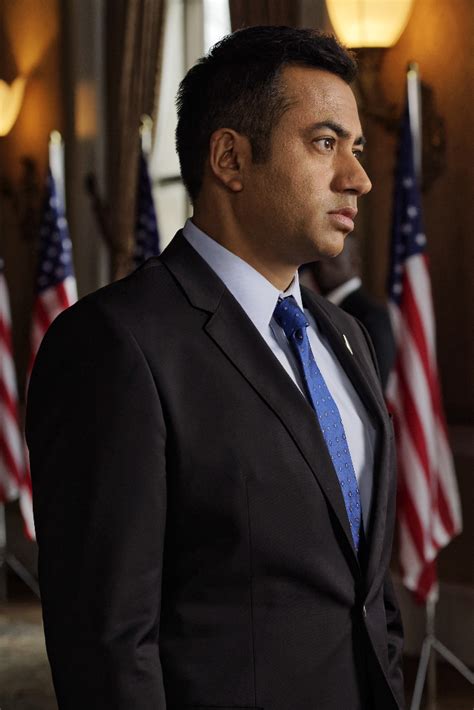A Quote by Camille Paglia
Teaching is a performance art.
Quote Topics
Related Quotes
I made my performance debut in New York City downtown on the Lower East Side in college doing awkward performance art as a go-go dancer at Lady Starlight's Party. And I never thought that my love for mediocre performance art and bad mime would ever come to use in my career as an actor. But my fantasies came true and I got to play Maureen in Rent.
Art is revelation instead of information, expression instead of description, creation instead of imitation or repetition. Art is concerned with the HOW, not the WHAT; not with literal content, but with the performance of the factual content. The performance - how it is done - that is the content of art.
It's impossible to say that live art enjoys any single status in the information age--there are versions of live art that are still primarily art-world phenomena, others that appeal to much broader audiences. The Burning Man festival is a case in point--an event featuring performance that is itself a performance, which partakes simultaneously of frontier mythology, a counter-cultural impulse, and popular cultural visibility.
Much like teaching art to young art students age 10 to 15 or so on, you have to break it down into bite-sized pieces, essential components. You have to - you know, at this point I'm so used to operating within given assumptions about art. But when you're explaining art to art students or people who are new to this experience, you have to really go back to the fundamentals.
I'm interested in confronting police brutality and police abuse of cracking down on street performers and street artists, but also in valorizing street art as legitimate performance within the artistic sphere, where it's so often conflated with pan-handling and begging and not "successful" art. I want to change laws around street performance.

